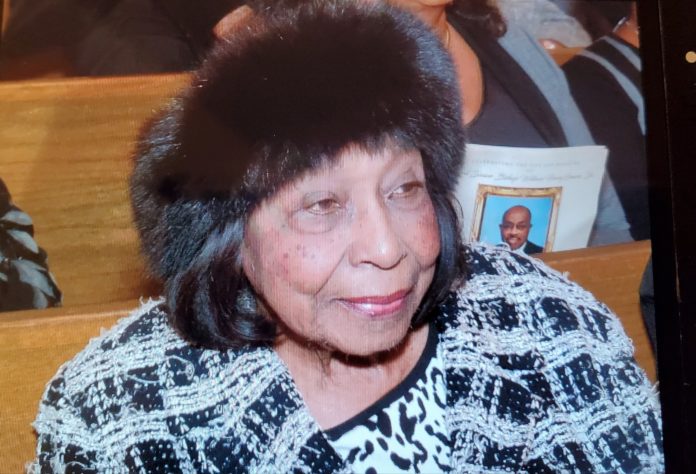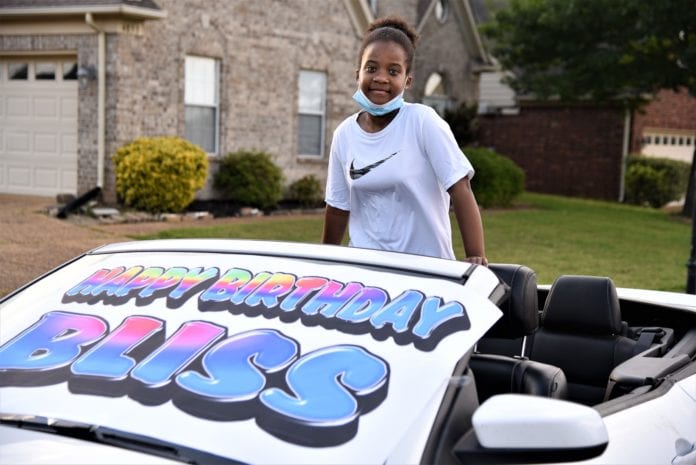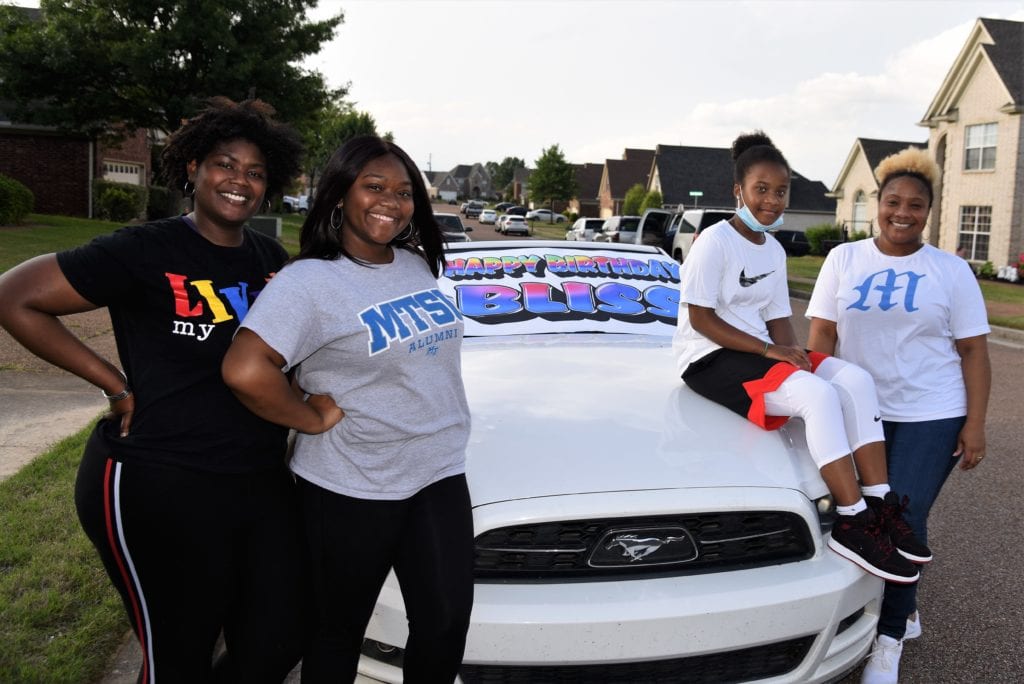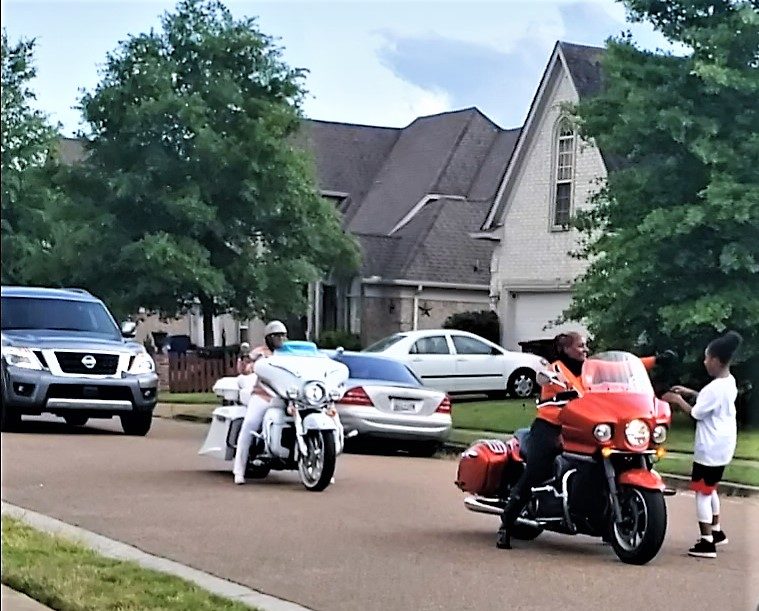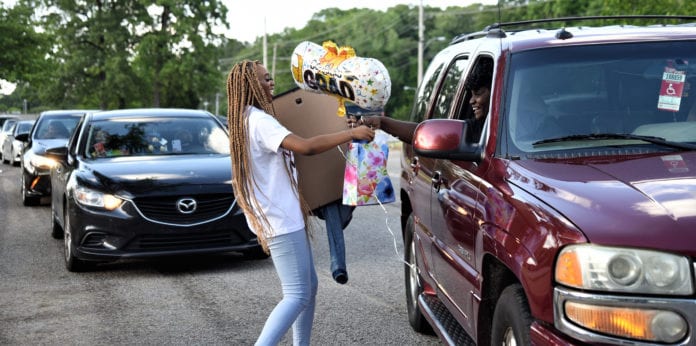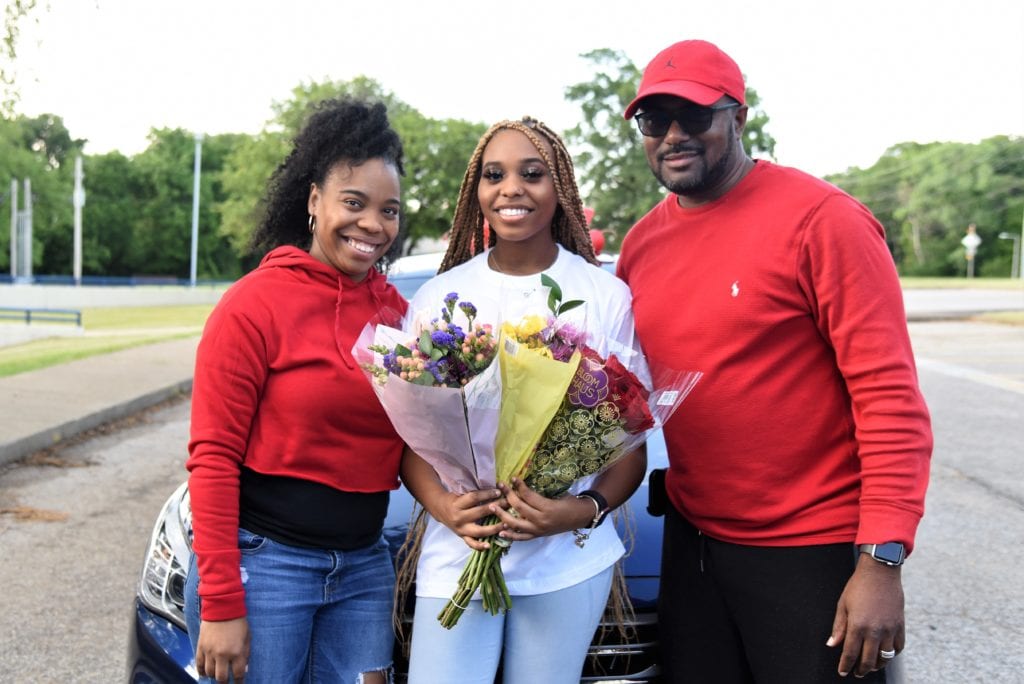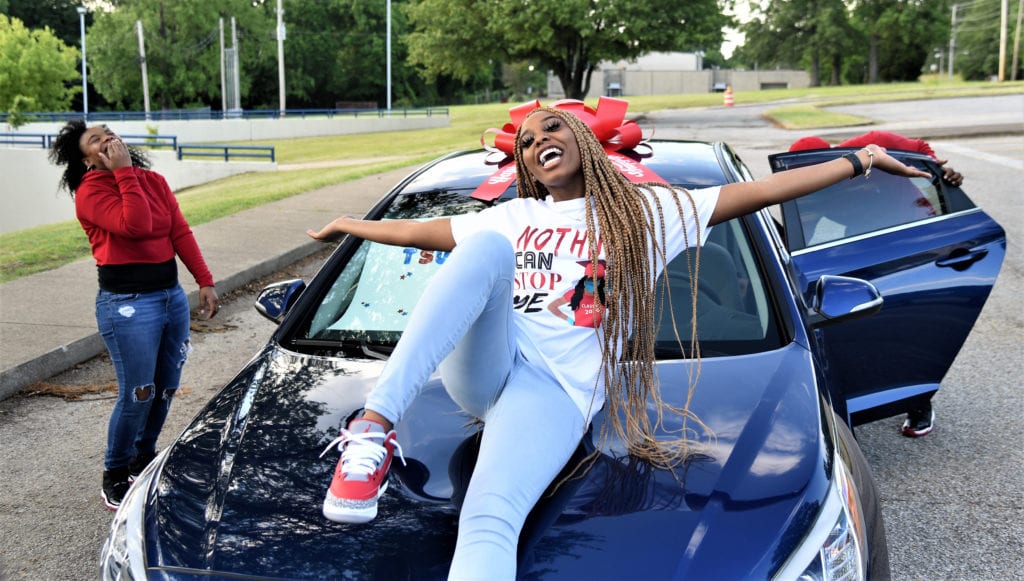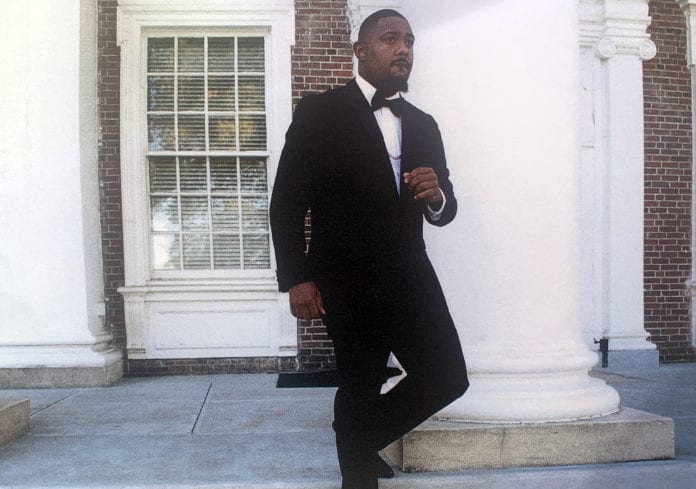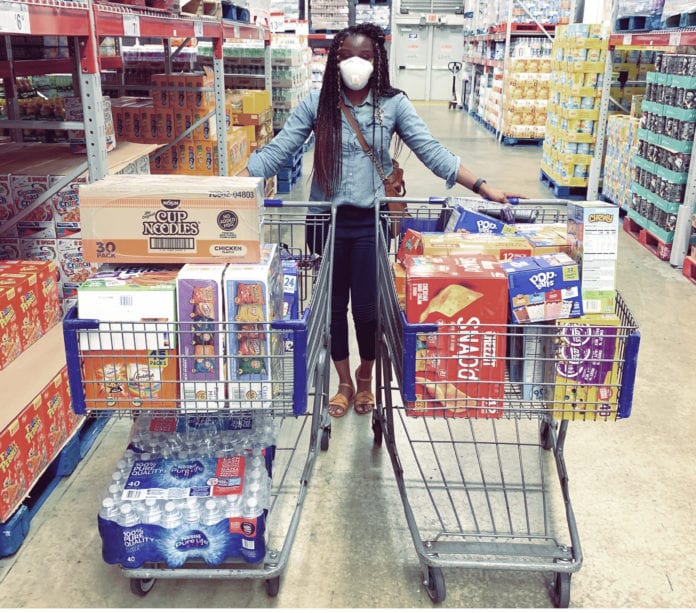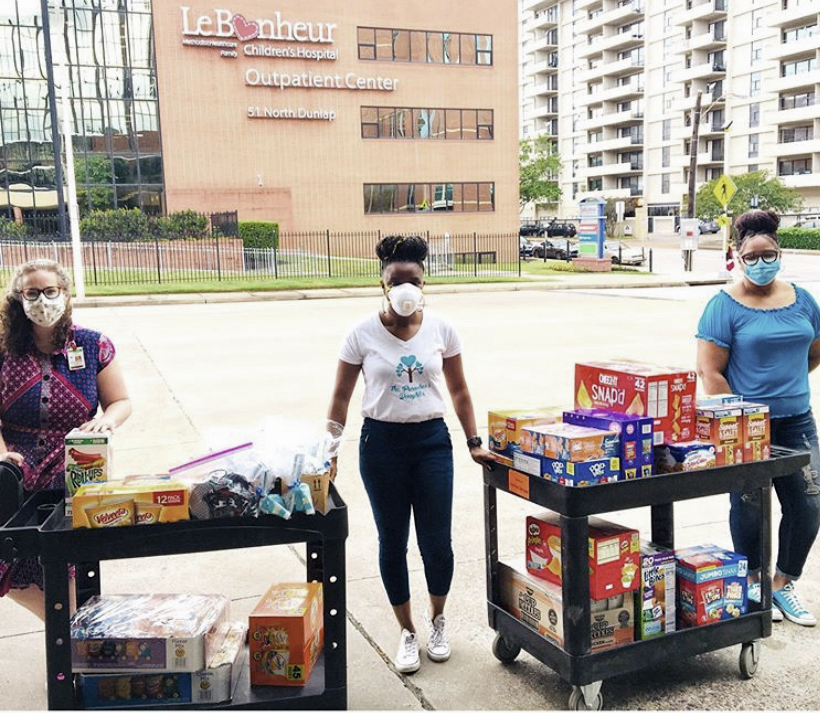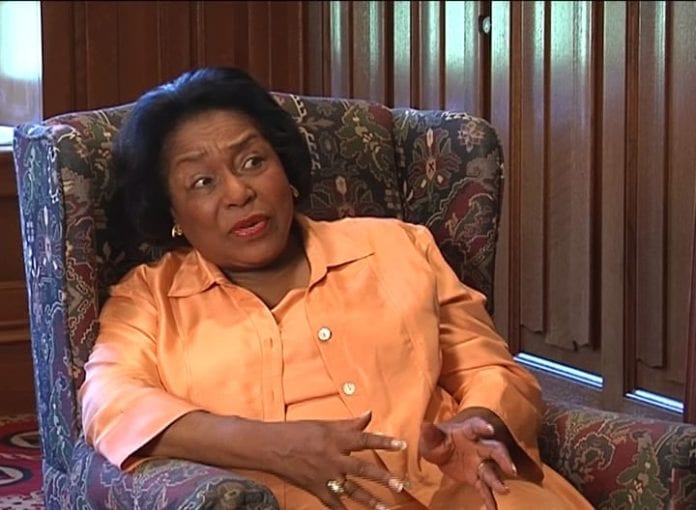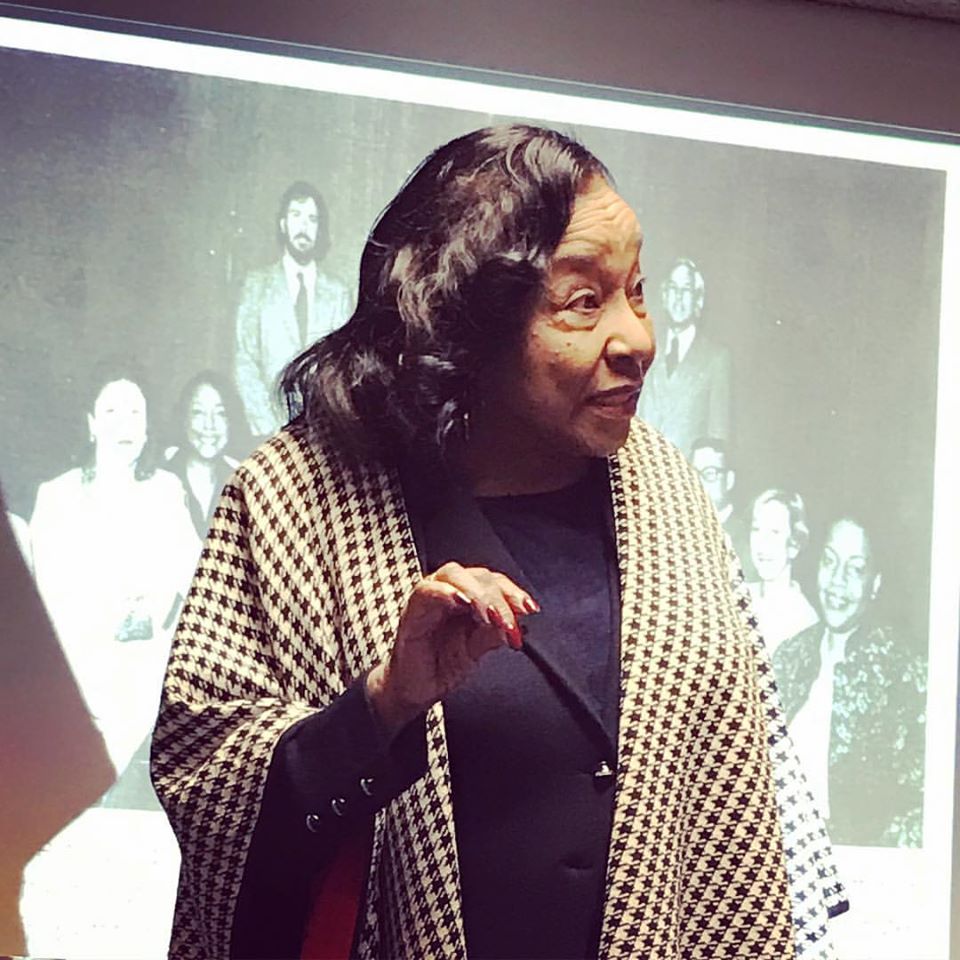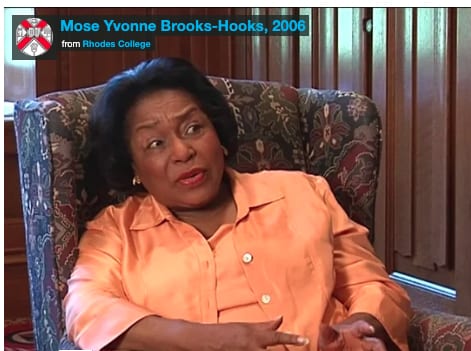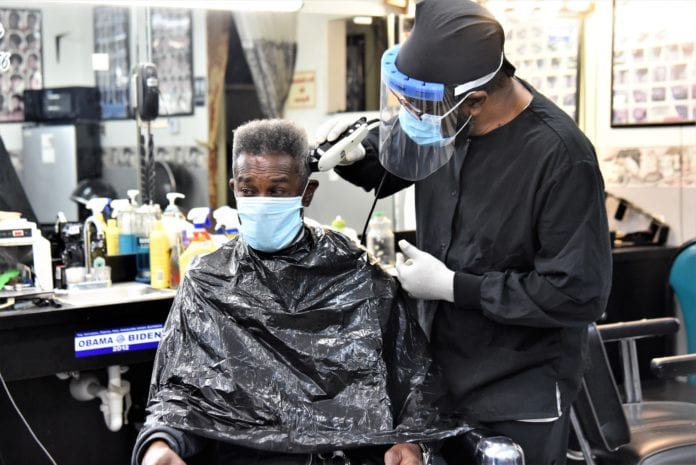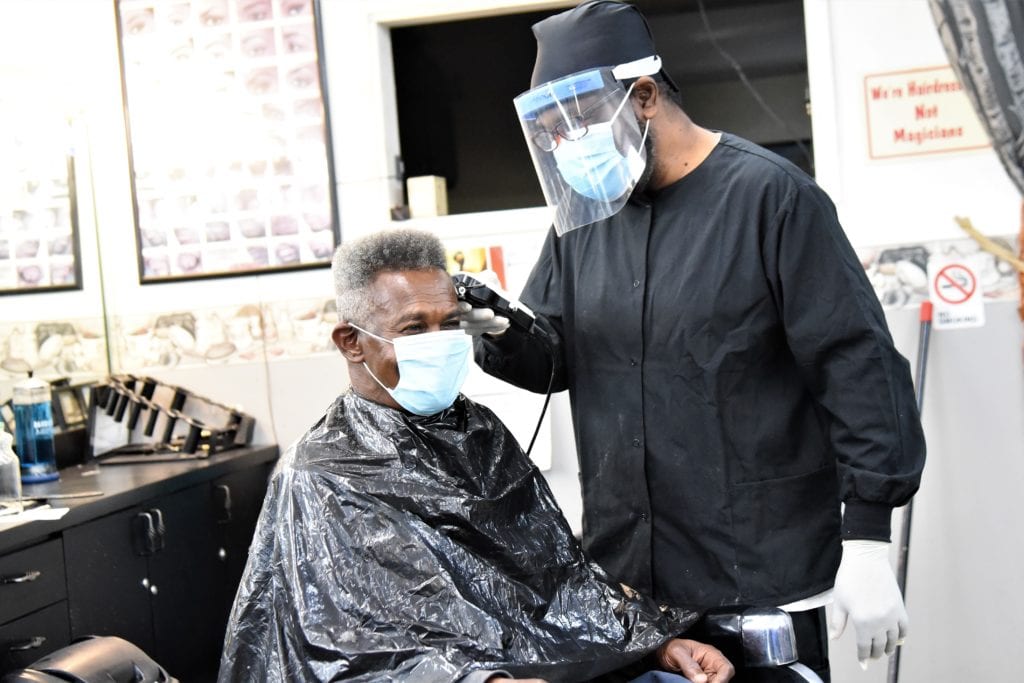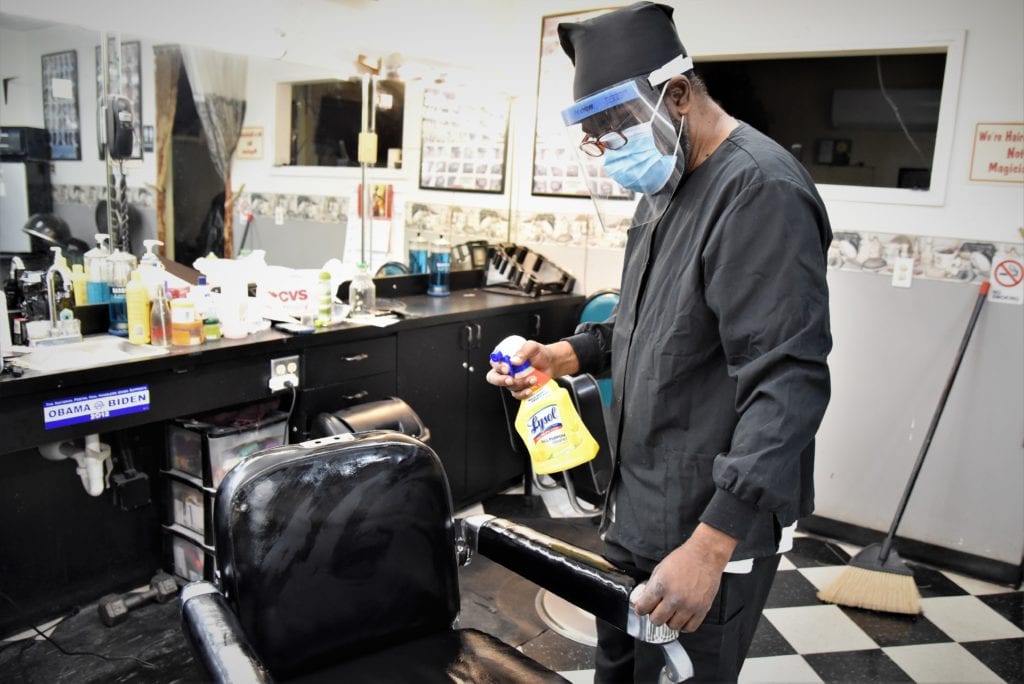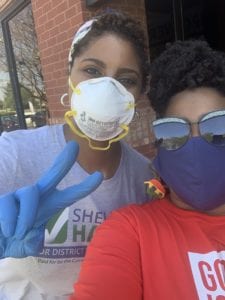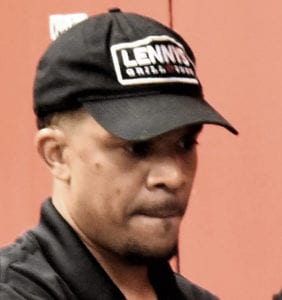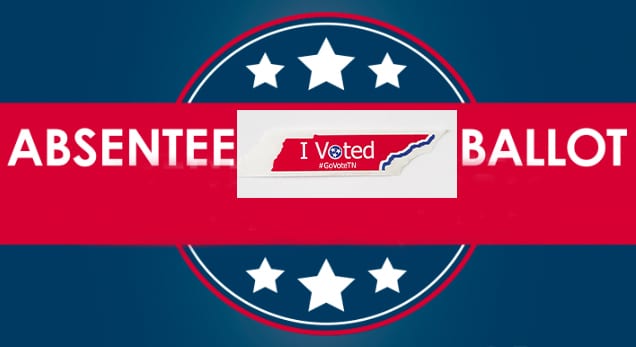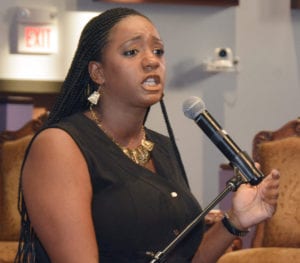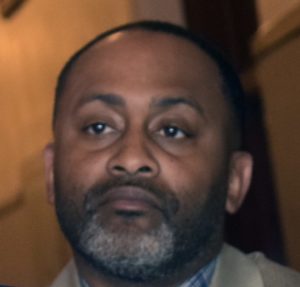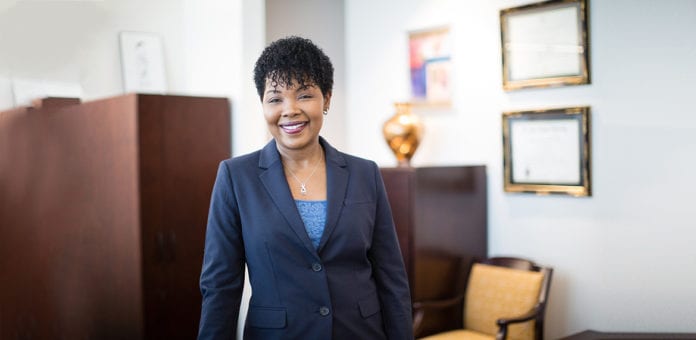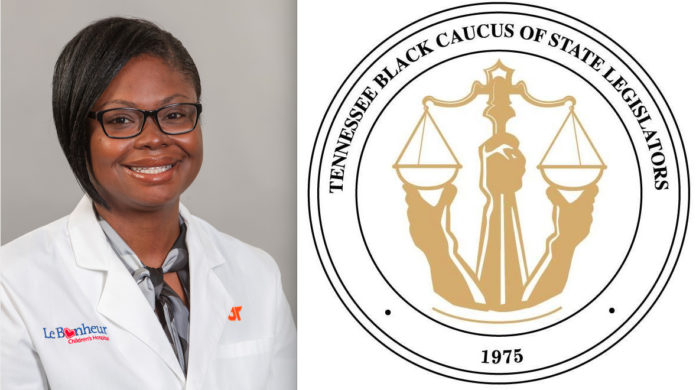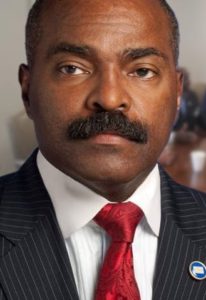The brother of Dr. Mose Yvonne Hooks knew his sister was not doing well during her brief stay at the hospital. He remembered her fondly after receiving news of her death Friday.
“She was a very dynamic lady,” said Phillip Brooks, who lives in California. “My sister was full of life, and she loved all of her family.”
Brooks and other loved ones are making a trek to Memphis to arrange final services. N.J. Ford and Sons has charge.
Teacher, professor, superintendent and educational advocate, Dr. Hooks had served as an administrator at Langston University in Oklahoma for several years. She died in Memphis at age 81.
Dr. Hooks had a long history of community-engagement service in Memphis and elsewhere.
“Dr. Hooks would always attend our sorority events and meetings. Everything we had, she was always there,” said Maya Lee, a Delta Sigma Theta member. “We awarded her a 50-year plaque at Founders Day last. Dr. Hooks just kept on going. So, it was hard to know that she was ill.”
News of Dr. Hooks’ death brought online condolences, reflections and memories of interaction with her.
Pam Walker Williams posted, “Dr. Hooks was my neighbor. She lived two doors down from my mother. A good neighbor. RIP”
Elaine Thompson shared this recollection: “I worked with her at Shelby State back in the day. Very warm and intelligent lady. Always encouraging to young people.”
Going professionally at times by the name Dr. Mose Yvonne Brooks-Hooks, she was born in Jackson, TN, on July 1, 1939, the third of seven children. Her parents and grandparents, both maternal and paternal, graduated from Lane College. Teaching was a kind of family profession.
Her mother, Lottie Thompson Brooks, was a teacher and former Miss Lane College. Her father, Elder Phillip E. Brooks, was a presiding elder of the CME Church and teacher. Elder Brooks served congregations in both Jackson and Memphis.
The family moved to Memphis when Dr. Hooks was four years old. As education and culture were highly valued, the Brooks children took lessons in piano, violin and other instruments. She and her siblings served as musicians in their father’s church as well as other affiliate churches.
“Crossroads to Freedom” — Rhodes College’s digital archive of materials recounting stories of the civil rights era in Memphis — includes a segment in which Dr. Hooks details her experiences.
Dr. Hooks graduated from Booker T. Washington High School, where her principal, Blair T. Hunt, had a profound effect on her thinking about the importance of education for African-American students.
During the “Crossroads to Freedom” segment, Dr. Hooks recalls how her parents were diligent in shielding their children from the effects of a segregated Jim Crow South. The Rev. Brooks would drive his children everywhere so they would not be subjected to riding the back of the bus. When the family would go shopping, the children would use the restroom at home before leaving. Their parents didn’t want them to see the “white” and “colored” signs on the restrooms and water fountains.
“I remember our principal, Blair T. Hunt, drawing attention to the fact that our books were used and outdated,” Dr. Hooks said during the interview at Rhodes College. “They came from some of the white schools from East Memphis. Even with second-hand material, black students could still aspire to great things.”
Dr. Hooks’ extensive higher education began at Fisk University in Nashville, where she studied Spanish. She earned a master’s degree in French at Columbia University in New York. Her post-master’s work was completed at Colorado State University and later at Kent State University, where Dr. Hooks was awarded a fellowship to study in Russia.
Her long and distinguished career as a teacher and advocate for education began immediately out of college. Dr. Hooks taught public school on the elementary, junior high and high school levels. She was one of 13 teachers chosen to integrate schools. Hooks was sent to Central High School, the oldest high school in the city. She taught French.
Later, Dr. Hooks joined the faculty at Shelby State Community College (now Southwest Tennessee Community College) before accepting a position with Langston University in Langston, OK., where she filled both administrative posts as well as faculty assignments.
She maintained her home in South Memphis, commuting some weekends back to the city until her retirement in 2015. After 18 years away, she returned to Memphis to enjoy retirement, continuing her active role in social and civic affairs with her sorority and with the River City (TN) Chapter of The Links, Inc.
https://tri-statedefender.com/legacy-dr-mose-yvonne-hooks-july-1-1939-may-15-2020/05/15/


